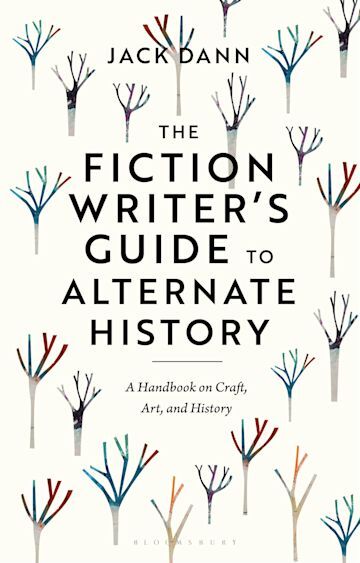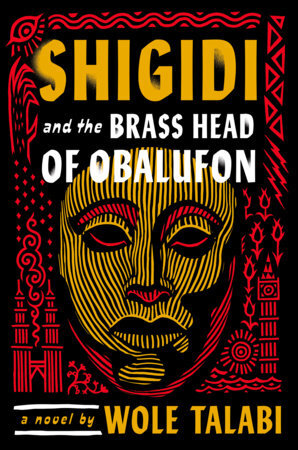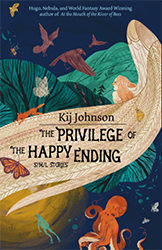 For this episode, Jonathan and Gary are joined by the distinguished novelist, editor, and scholar Jack Dann, whose new The Fiction Writer’s Guide to Alternate History: A Handbook on Craft, Art, and History has just been published by Bloomsbury Academic.
For this episode, Jonathan and Gary are joined by the distinguished novelist, editor, and scholar Jack Dann, whose new The Fiction Writer’s Guide to Alternate History: A Handbook on Craft, Art, and History has just been published by Bloomsbury Academic.
Jack discusses definitions of alternate history (as opposed to secret history or parallel universes), his own work in developing his da Vinci novel The Memory Cathedral and his more recent Shadows in the Stone, the responsibilities of the alternate history writer, some key writers and texts, and some recent trends in alternate history fiction.


